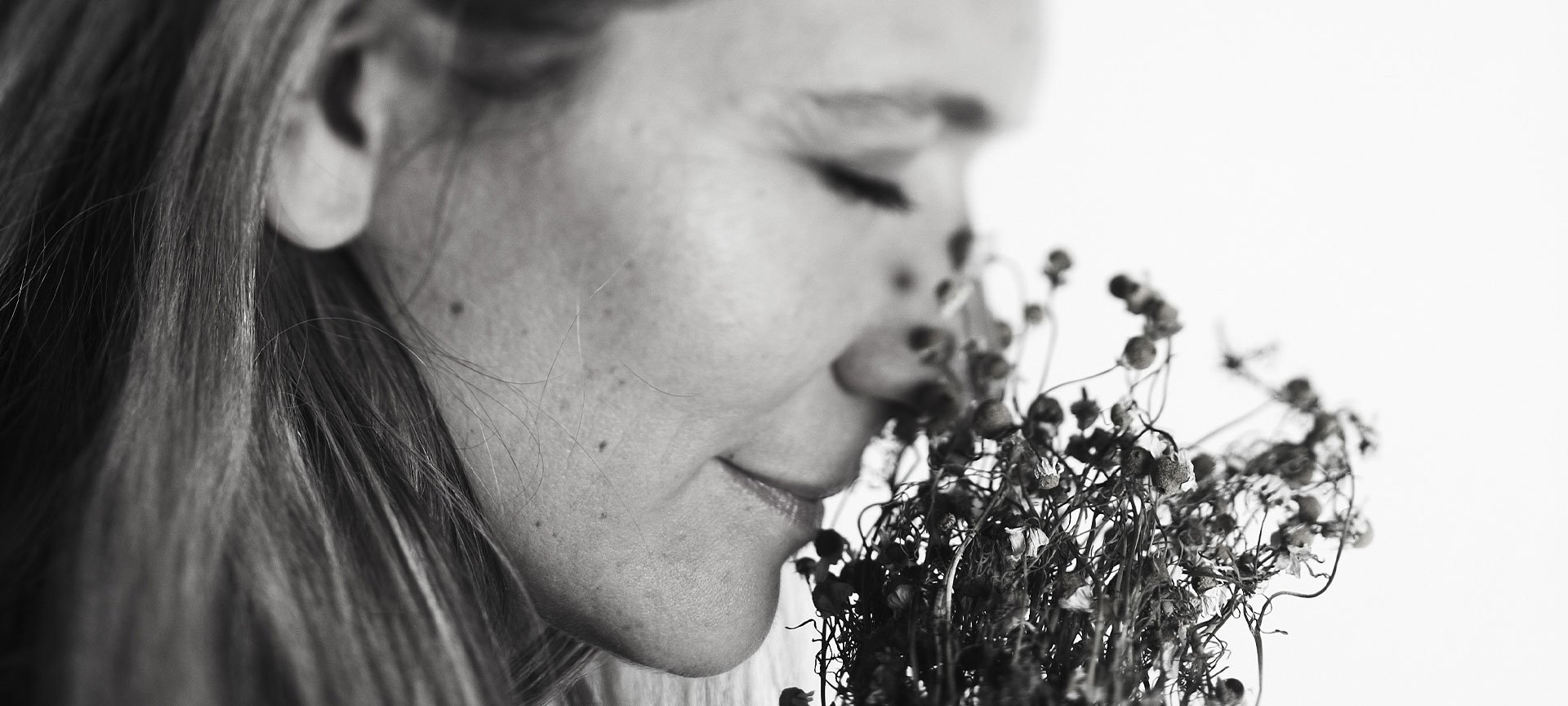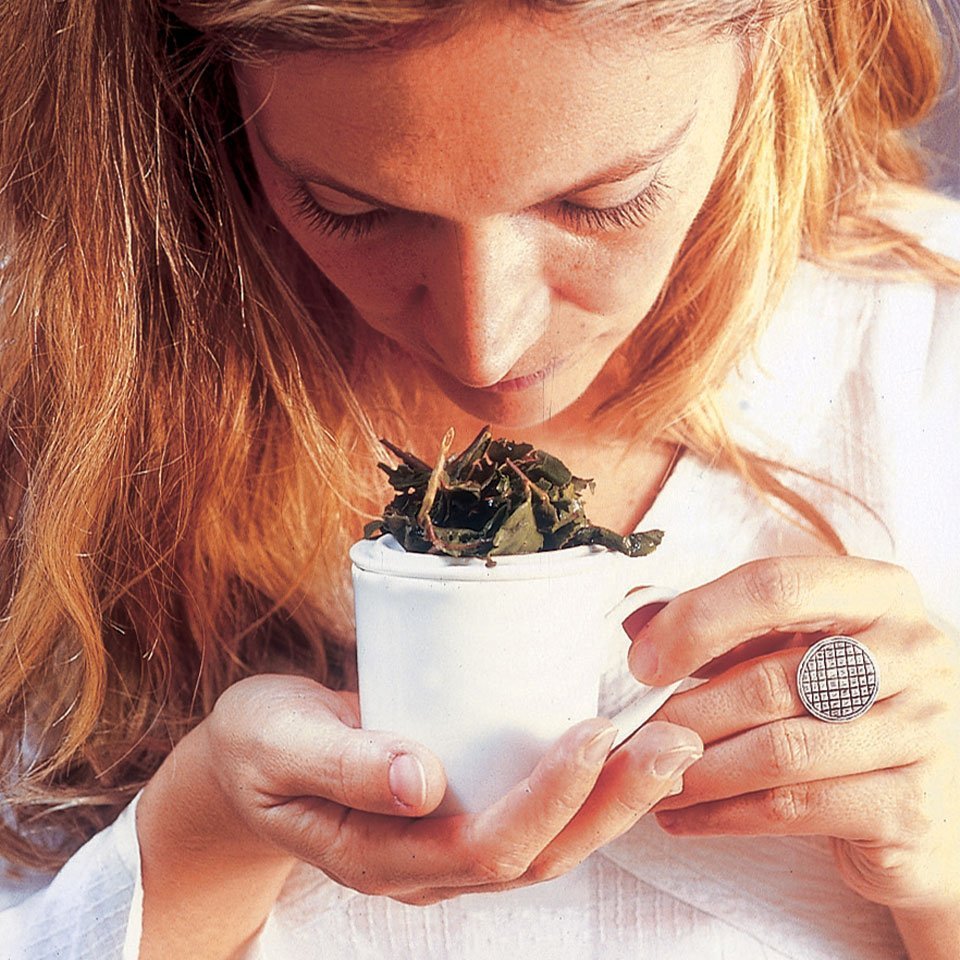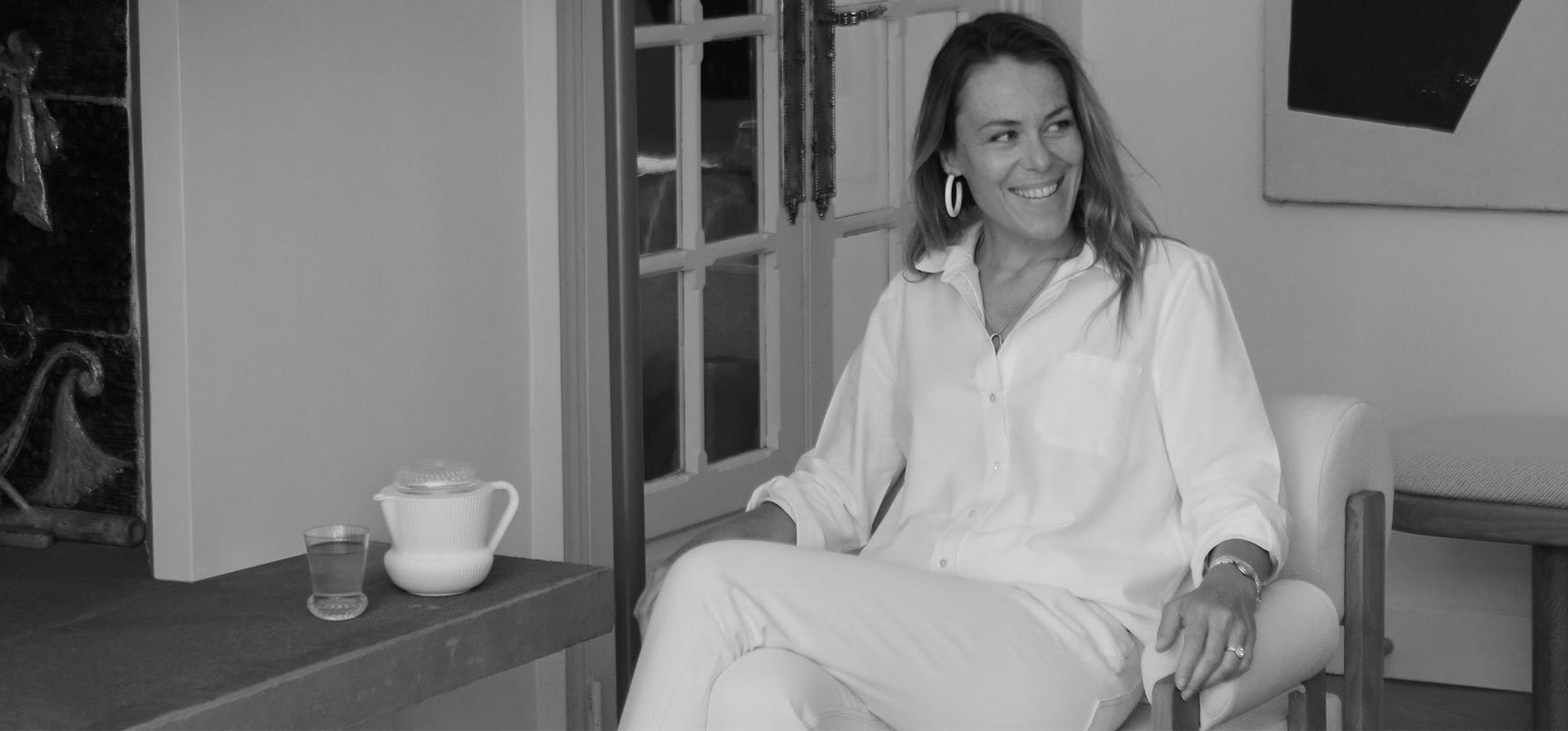Interview Apollo Tea | Sommelier
Lydia Gautier
increase contrast

Interview Apollo Tea | Sommelier
Lydia Gautier

Agronomist and tea specialist since 1995, Lydia Gautier works on an oenological approach to tea. As a consultant for large companies, she shares her passion with the general public and professionals through books, events, and training sessions where tea tells its story and meets noble products such as wine, cheese or perfume.
It builds a privileged relationship with producers of authentic and ethical teas and creates new recipes from blending teas and plants. Pioneer of tea sommellerie in France, she is the founder of the eponymous brand Lydia Gautier Teas Tisanes which offers pure origins and natural creations. For Apollo Tea, Lydia contributed to the design of the objects in order to enhance the flavors of tea. She also gave valuable insight on the two tea preparation rituals.
How did your collaboration with Saint-Louis go?
Lydia: "When Saint-Louis approached me about designing a tea set, I thought it was a great idea. I have two vivid memories of this collaboration.
The first was visiting the manufacture in Saint-Louis-lès-Bitche. I really expected it to be a factory and I saw a very artisanal side, with contrasting in temperatures and ambiences. What particularly appealed to me in the hot workshop was this silent teamwork, a coordination of movements and gestures, with incredible precision, between each of the glass craftsmen to blow the crystal. And then in the cold workshop, they worked just a meticulously on cutting the crystal with an ambience that was completely different to the ambience of the furnaces and the hot workshop.
And then the second very vivid memory is the arrival of the prototypes, discovering the teapot, the tumblers and finally, after a series of resin prototypes, being able to try out the tumblers for tasting the tea."
What makes this new collection special?
Lydia: What makes this Apollo Tea collection unique is having two materials that coexist and complete each other: porcelain and crystal. The porcelain is the container used to make the tea, so teapots, and then the crystal is used for the lids and, of course, the tasting tumblers, as the point of the crystal is to enhance the shades of colors that can seen when tasting the tea.
When I discovered the Apollo collection, I was taken with this thistle flower shape. You have the Venetian cuts and the bevelled crown that help to reflect the light and to accentuate the vibrancy of the tea. And the beveled crown reminded me of the grains of rice that you see on some Chinese porcelain.
«Tea has its top, middle and base note like perfume, expressing a terroir, a landscape, and sensations. »
Lydia: In tea, if we draw a parallel with wine, we have two main families of tea: there are light teas and full-bodied teas, and both have very different aromatic notes. In light teas, you mainly have top an middle notes, in full-bodied teas, middle and base notes.
For the light tea, we developed a tumbler, with quite a tall and narrow parison to concentrate these aromatic notes, which are quite light.
And for full-bodied tea, we developed a tumbler that is slightly broader with a shorter parison that helps to disperse the aromas of these slightly heavier notes and helps them leave the tumber.
What I like about the new Apollo Tea collection firstly is treating yourself with two very different rituals: one ritual with the large teapot and one ritual with the charming teapot. I also love the versatility of the accessories. Some accessories can be carried from one ritual to the other.

Interview Apollo Tea | Usage
By Julia Rouzaud